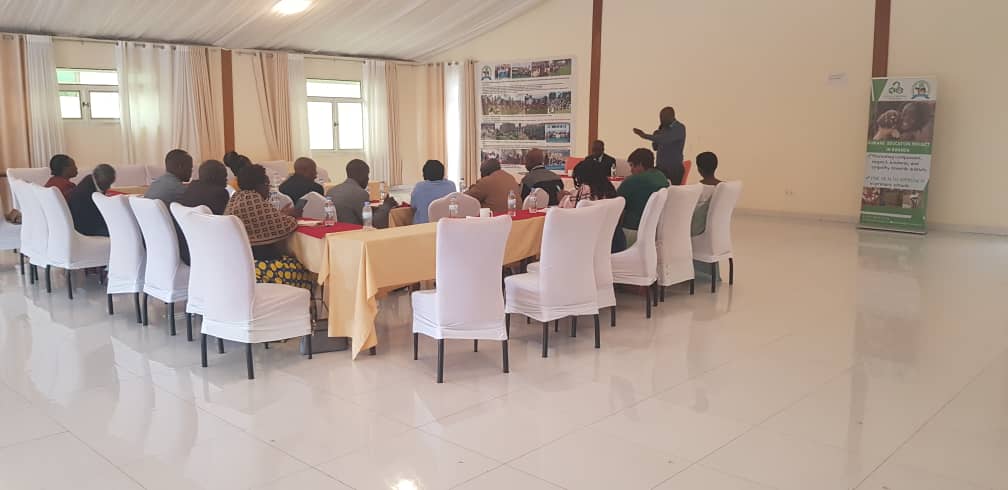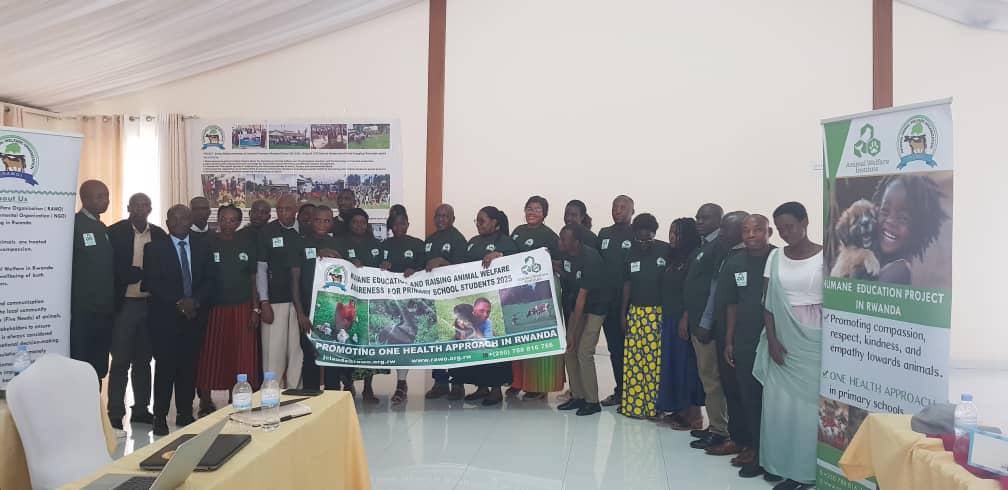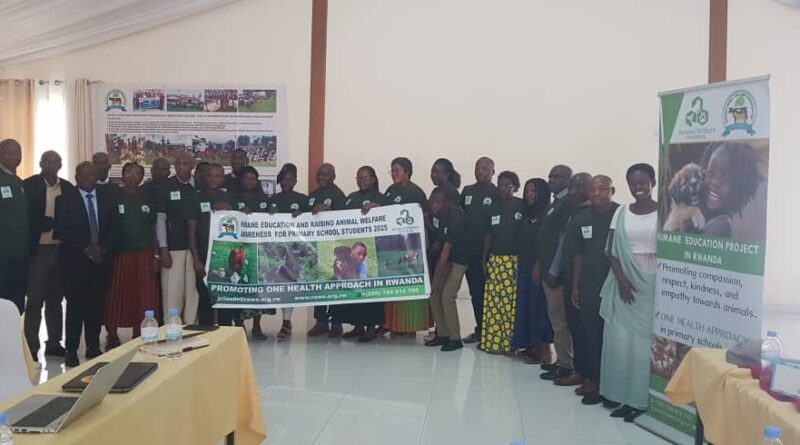RAWO advancing Humane Education in Rwanda
The Rwanda Animal Welfare Organization (RAWO) On Friday, April 26, 2025, brought together school leaders from various institutions in Musanze District, along with government representatives, for a training to explore ways to better protect the welfare of domestic animals and pets living alongside humans in households, while also preserving the environment.
This initiative is expected to provide solutions to the mistreatment of domestic animals, helping reduce their suffering. Proper care is anticipated to lead to better productivity from these animals, enhance agricultural outputs, and support the conservation of biodiversity,all of which complement the tourism sector in Musanze District.
To implement the project effectively, the focus will be on young children, particularly students in primary school year 4 and 5, through environmental clubs.
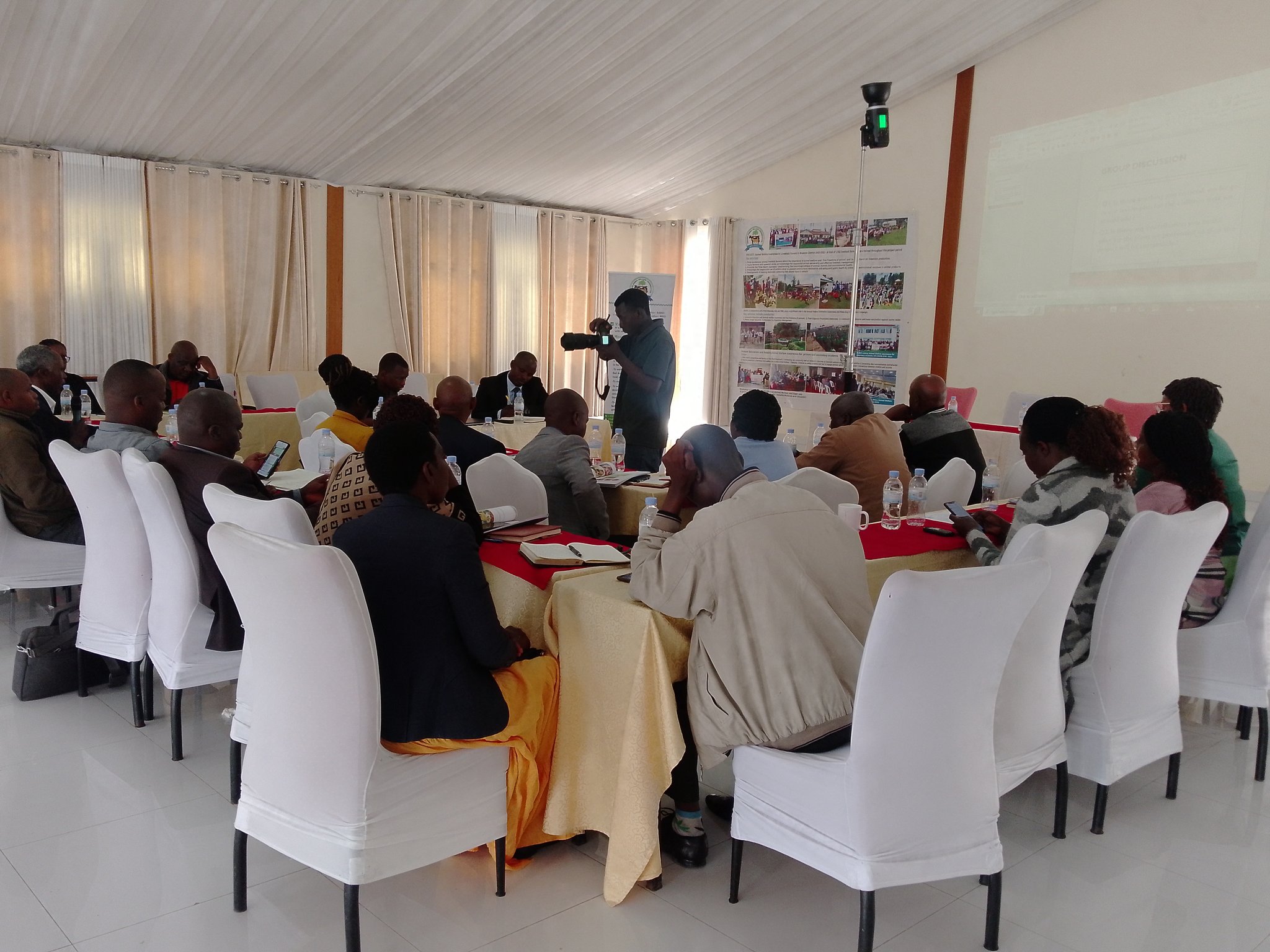
The aim is to nurture a generation that grows up appreciating the bond between humans, animals, and the environment. Some have suggested extending the program to younger children, starting from year 2.
Felecien Bizimana, from Kabwende School in Kinigi sector, shared with Greenafrica.rw the benefits of the project in protecting animal welfare and the environment.
“We were trained on proper animal care and protection. We learned how to live harmoniously with domestic animals at home, which is different from how we traditionally treated them. Many of us used to believe that animals could not feel pain or stress when mistreated. After the training, we understood that animals need to live freely and comfortably, just like humans.”He said
Adeline Isingizwe, the head of the Environmental Club at Nyabisinde Primary School, emphasized that this project brings numerous advantages to education, animal welfare, and climate change mitigation.
“This project is set to benefit us greatly, particularly in education. Children will learn how to care for the environment and coexist with nature, building a knowledgeable generation. Understanding animal welfare will improve animal productivity. The project also promotes tree planting and environmental protection, vital for combating climate change and boosting tourism, especially in our Volcanoes National Park.”
“Taking good care of animals will enhance our tourism sector. A tourist visiting from another country, seeing how we coexist peacefully with our animals, will be more inclined to appreciate and support our conservation efforts.”She added
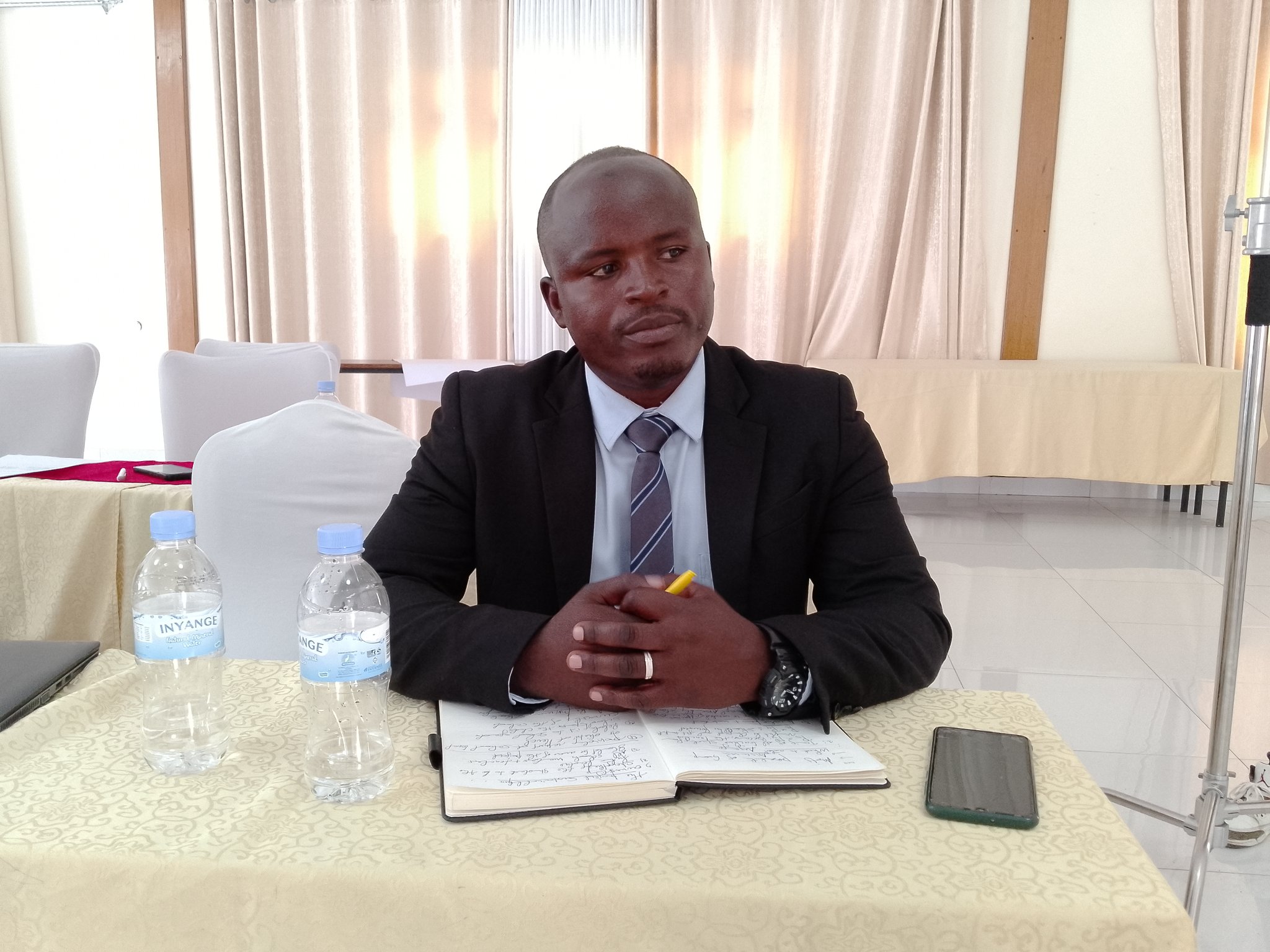
Jean Claude Masengesho, a veterinarian doctor and RAWO representative, highlighted several points that have helped the project take a leading role in animal welfare.
“Rwanda has made potential strides in environmental conservation and livestock development. Our contribution is to support government initiatives to improve livestock management so that farmers raise healthy animals and benefit from them. We focus on five key principles for animal welfare: providing enough food, clean water daily, shelter protecting animals from harsh weather, minimizing stress, and ensuring medical care and opportunities for natural behavior.”
Regarding environmental protection, he noted that sometimes livestock contribute to environmental degradation through overgrazing and waste. He emphasized the importance of teaching hygiene practices to prevent zoonotic diseases, which account for 70% of human infectious diseases worldwide.
“We teach the importance of hygiene in animal shelters, handwashing, personal cleanliness, and not living in close quarters with animals. We also encourage using protective gear such as gloves, masks, and boots when handling animals or cleaning their shelters.”He explained
The project plans to educate children in both rural and urban areas, although urban children often have less direct contact with animals. Educational field trips will be organized to bridge this gap. The program currently operates in eight schools across the sectors of Musanze, Kinigi, and Nyange, all near Volcanoes National Park.
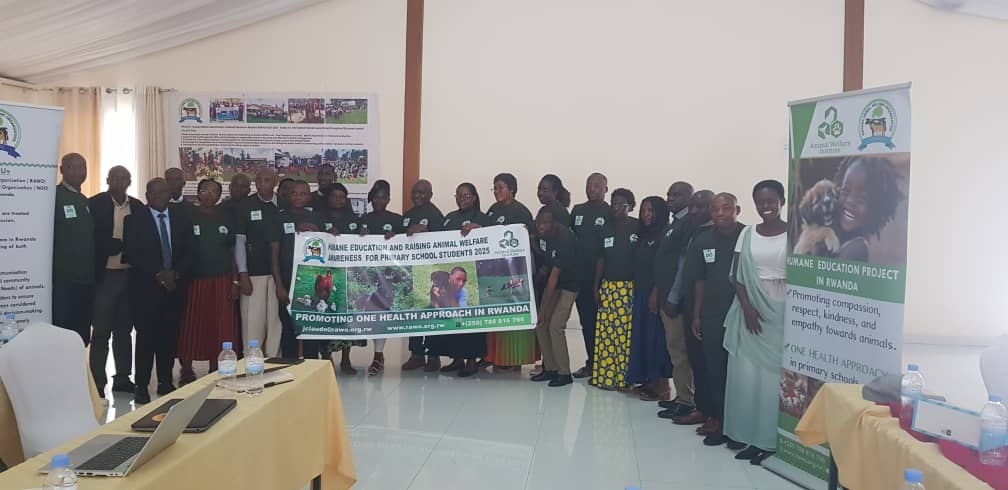
Research findings on human-animal coexistence:
Domestic animals like (dogs, cats, pigs, cattle, goats): In developing countries, more than 60% of households own domestic animals, seen as important for livelihood and companionship. However, 20–30% of these animals face abuse or neglect according to World Animal Protection.
Wild animals like (lions, elephants, buffaloes, birds): Human-wildlife interactions are based on conservation but often involve conflicts such as crop destruction and livestock predation.
The International Union for Conservation of Nature (IUCN) reports that over 25% of wild species are endangered due to human activities.
Research by the Global Animal Partnership shows that 45% of pet owners worldwide properly care for their animals. In 2023, WWF reported that 62% of countries had strong programs to protect wildlife. However, Humane Society International indicates that one in four people globally has committed animal abuse at least once.
The United Nations Environment Programme (UNEP) reports that over 70% of biodiversity loss stems from human activities, including illegal hunting, deforestation, and pollution.
Legal framework in Rwanda:
Law No. 48/2018 of August 13, 2018: Governs animal welfare, ensuring animals are treated humanely, provided sufficient food and water, and protected from diseases.
Animal abuse is punishable by law, including imprisonment from six months to two years or financial fines.
Rwanda upholds CITES agreements protecting endangered wild species. Illegal hunting can lead to imprisonment of over five years and heavy fines.
The RAWO project collaborates with the Ministry of Agriculture and Animal Resources (MINAGRI), Rwanda Agriculture and Animal Resources Development Board (RAB), and Rwanda Biomedical Center (RBC). A core goal is to instill respect for animal welfare and conservation laws among young people through school clubs, who will then spread these values within their communities.
This one-day training was organized and implemented by the RAWO project in cooperation with the Animal Welfare Institute, promoting kindness, compassion, empathy, and respect towards animals in Rwanda.
